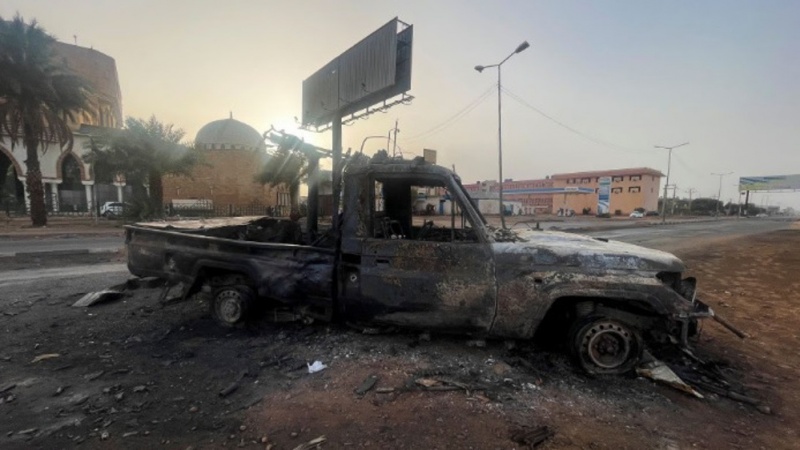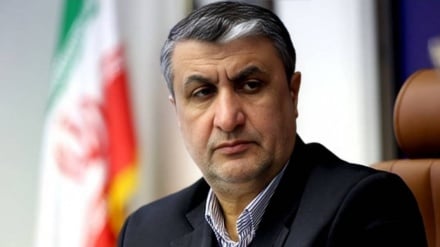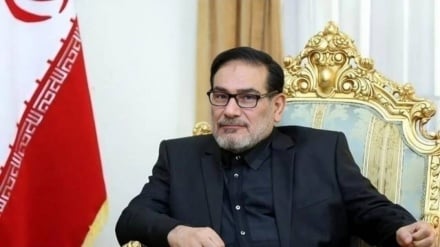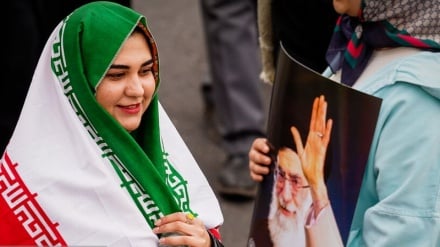Iran evacuates 65 nationals from Sudan as fighting enters third week
The spokesman for Iran’s Foreign Ministry says the Islamic Republic has managed to evacuate dozens of Iranian nationals from Sudan, in face of the persisting conflict among the North African country’s military forces.
Nasser Kan’ani announced in a statement on Saturday that 65 Iranians were moved from the Sudanese capital of Khartoum to Saudi Arabia’s Red Sea Port of Jeddah in view of the continuing clashes between the Sudanese army and the rival paramilitary Rapid Support Forces (RSF), which has so far stranded thousands of foreign nationals.
“The Foreign Ministry had seriously put high on its agenda the withdrawal and transfer of the 65 Iranian citizens living in Sudan since unrest broke out in the country [on April 15]. Following necessary arrangements, they were safely transferred from Khartoum to Port Sudan, and from there onwards to the Jeddah port,” Kan’ani explained.
Early on Saturday, meanwhile, the sounds of airstrikes, anti-aircraft weaponry and artillery could be heard in Khartoum, and dark smoke rose over parts of the city, as fighting in Sudan entered a third week.
Fighting between the army and the RSF continued despite the announcement of a 72-hour ceasefire extension on Friday, when strikes by air, tanks and artillery rocked Khartoum and the adjacent cities of Bahri and Ombdurman.
At least 512 people have been killed and close to 4,200 others wounded so far, according to the United Nations, which believes the actual toll is much higher.
More than 75,000 people were internally displaced within Sudan just in the first week of the fighting, according to the world body. Only 16 percent of hospitals were operating as normal in the capital.
The latest ceasefire, brokered by foreign powers, is supposed to last until Sunday at midnight.
The RSF accused the army of violating the truce with airstrikes on its bases in Omdurman as well as Mount Awliya. The army, in return, blamed the RSF for violations.
The violence has sent tens of thousands of refugees across Sudan's borders, and threatens to stir instability across a volatile swathe of Africa between the Sahel and the Red Sea.
Ravina Shamdasani, Spokesperson for the UN High Commissioner For Human Rights, has called upon both sides of the fighting in Sudan to “immediately end hostilities” and to “halt hostilities in residential areas and the targeting of civilian population and infrastructure.”
“Hundreds of thousands of people have fled their homes to find places of greater safety, at any cost, and face abuses en route. While a welcome ceasefire meant some reprieve in the fighting, clashes continued to be reported.
SS



